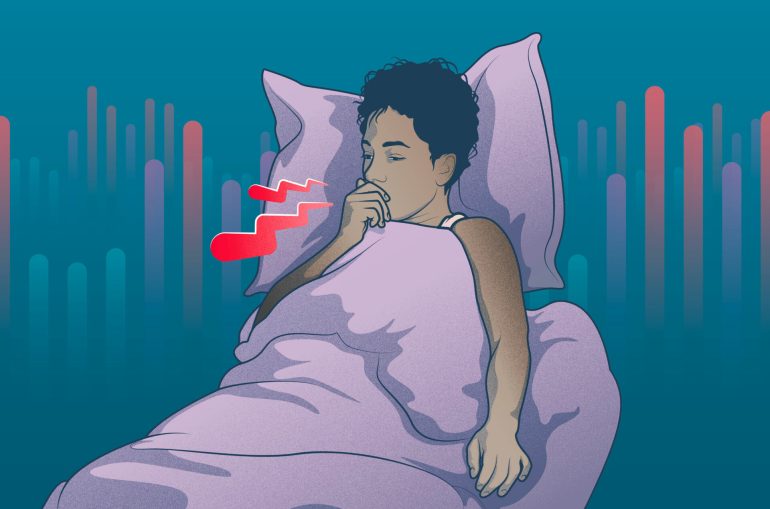- Sleep Cycle unveils Coughing tool, an extension of its Cough Radar feature.
- Coughing tool correlates user’s coughing with ambient coughing levels, providing insights and trends over time.
- Utilizes anonymized data from over one million daily active users to fuel machine learning algorithms.
- Empowers users to make informed decisions about their sleep environments, particularly in high-congestion settings like workplaces.
- Sleep Cycle’s Cough Radar and Coughing tools combine sound analysis, machine learning, and geolocation for comprehensive coughing statistics.
- Sleep Cycle’s commitment to improving sleep quality globally remains unwavering.
Main AI News:
Sleep Cycle, a pioneer in AI-powered sleep analysis, has unveiled its latest offering, the Coughing tool, as part of its innovative Cough Radar feature. Launched in late 2023, Cough Radar revolutionized the way users perceive their sleep environments by providing an interactive map showcasing coughing activity in their vicinity. Building upon this breakthrough, the new Coughing tool empowers users to delve deeper into their sleep patterns by correlating their own coughing with the ambient coughing levels, thereby enabling them to discern trends and potential health concerns over time.
The proprietary AI technology embedded within Sleep Cycle’s Coughing tool leverages anonymized data collected from its extensive user base, surpassing one million daily active users. Mikael Kågebäck, Chief Technology Officer at Sleep Cycle, highlights the significance of this data-driven approach, stating, “The anonymous statistics derived from our vast user network enable our machine learning algorithms to decipher sounds and generate the interactive Cough Radar map. This unique capability allows us to provide users with invaluable insights into their surroundings’ coughing dynamics.”
With the introduction of the Coughing tool, Sleep Cycle empowers users to make informed decisions regarding their sleep environments, particularly in settings where congregation is common, such as workplaces. By analyzing coughing trends vis-à-vis geographic locations, users gain actionable intelligence to optimize their sleep quality and overall well-being.
Sleep Cycle’s Cough Radar and Coughing tools harness the synergy of sound analysis data, machine learning algorithms, and geolocation information to compile comprehensive statistics on nocturnal cough occurrences. Participation in this data collection process is voluntary, ensuring user privacy while facilitating the creation of a dynamic repository of coughing activity across diverse regions.
Renowned for its commitment to enhancing sleep quality worldwide, Sleep Cycle has already transformed the lives of millions by providing insights into sleep habits and facilitating improvements in sleep patterns. From facilitating easier sleep onset to offering in-depth analyses of sleep quality, Sleep Cycle remains a trusted ally in fostering healthier sleep habits.
As Sleep Cycle continues to innovate at the intersection of technology and sleep science, the introduction of the Coughing tool underscores its dedication to empowering users with unparalleled insights into their sleep environments. By harnessing the power of AI and data-driven analytics, Sleep Cycle reaffirms its position as a trailblazer in the realm of sleep analysis, poised to shape the future of sleep health worldwide.
Conclusion:
The introduction of Sleep Cycle’s Coughing tool marks a significant advancement in sleep analysis, leveraging AI and anonymized data to provide users with unprecedented insights into their sleep environments. By empowering users to understand and optimize their sleep environments, Sleep Cycle is poised to capture a larger market share in the burgeoning sleep health industry. Additionally, the voluntary nature of data collection ensures user privacy, further enhancing the appeal of Sleep Cycle’s offerings in an increasingly data-conscious market.

